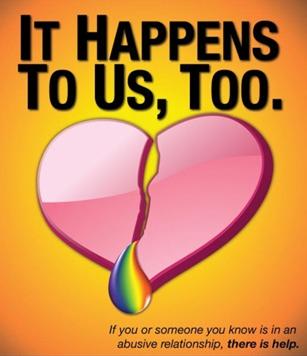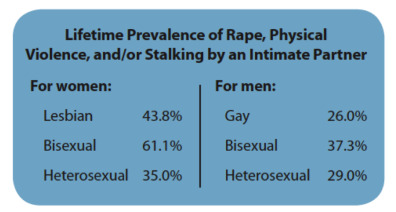Oscar Pistorius: Perceptions of Disability and Masculinity
sarah.stoess
Now that you all already know the main facts of the Oscar Pistorius’ case — that he fatally shot his girlfriend, Reeva Steenkamp, on February 14, 2013, in the bathroom of his estate in Pretoria, South Africa – and especially now that the sentence has changed, I thought that I would delve deeper into Oscar Pistorius’ intent on murdering his girlfriend, Reeva Steenkamp. I think that we can all agree that Oscar Pistorius shot through the bathroom of his estate four times and that his girlfriend ended up dead because of it; however, there has been some controversy over whether the homicide was pre-meditated, with him knowing full well that his girlfriend was in the bathroom, or if it was accidental, with him thinking that an intruder was in the house, just chilling out in the bathroom with the door shut. It is completely possible that an intruder could have been in the house that night, given the high crime rate, especially in gated communities. The following image states the order of events that happened the night of the shooting.

From here on out, I am going to assume that his testimony of what happened that night was completely truthful. However, regardless of whether he thought that he was shooting an intruder or if he thought that he was shooting Reeva Steenkamp, his intentions were the same. There was no way that he could shoot a person four times through a small bathroom with nowhere to go and not kill them. However, the act of grabbing a gun when he heard sounds coming from the bathroom was likely the result of the fact that he was disabled and was more likely to experience fear and feel that his life was being threatened.
Q: Is the fact that Oscar Pistorius is disabled an excuse for him to kill his girlfriend? Are there any excuses for him for shooting Reeva Steenkamp?
No, even though disabled people feel more threatened than able-bodied individuals due to the fact that when they are in high-stress situations, they are less mobile and less likely to get out of the situation, just because he does not have the bottom half of his legs is no excuse to committing murder. He still has two working eyes and he could see if his girlfriend was in bed with him before shooting up a bathroom door.
It is also believed that Pistorius’ disability led him to feel emasculated, because disability is often considered feminine. He used women, sports, and guns to develop his masculinity. He was involved in relationships with attractive blonde women to satisfy any inadequacies in his life. He probably engaged in younger, thin, blonde women thinking that they would be insecure and that he could diminish his insecurities by controlling them and being the “man” in the relationship.
The Most Important Question: Did the emasculation from his disability cause Oscar Pistorius to shoot Reeva Steenkamp?
Q: If you were in the same situation as Oscar Pistorius, would you do the same thing that he did? Why or why not?
Personally, I would not have done what he did. First, I would have looked to see if my significant other was still in bed and then when I saw that she was not in bed, I would have just assumed that it was her in the bathroom and gone back to sleep.
References:
Abrahams, N., Jewkes, R., & Matthews, S. (2010). Guns and Gender-Based Violence in South Africa. South African Medical Journal, 100 (9), 586-588. Retrieved from http://www.samj.org.za/index.php/samj/index
Breetzke, G. D., & Cohn, E. G. (2013). Burglary in Gated Communities: An Empirical Analysis Using Routine Activities Theory. International Criminal Justice Review, 23 (1), 56-74. DOI: 10.1177/1057567713476887
Cherney, J. L., & Lindemann, K. (2014). Queering Street: Homosociality, Masculinity, and Disability in Friday Night Lights. Western Journal of Communication, 78 (1), 1-21. DOI: 10.1080/10570314.2013.792388
Hickey-Moody, A. (2015). Carbon Fibre Masculinity: Disability and Surfaces of Homosociality. Journal of the Theoretical Humanities, 20 (1), 1-17. http://dx.doi.org/10.1080/0969725X.2015.000000
Onishi, N. (2015, December 3). Oscar Pistorius Guilty in Murder of Reeva Steenkamp, Appeals Court Rules. The New York Times. Retrieved from http://www.nytimes.com/2015/12/04/world/africa/oscar-pistorius.html?_r=0
(2014). Oscar Pistorius Trial: Evidence. BBC News. Retrieved from http://www.bbc.com/news/world-africa-26417240







